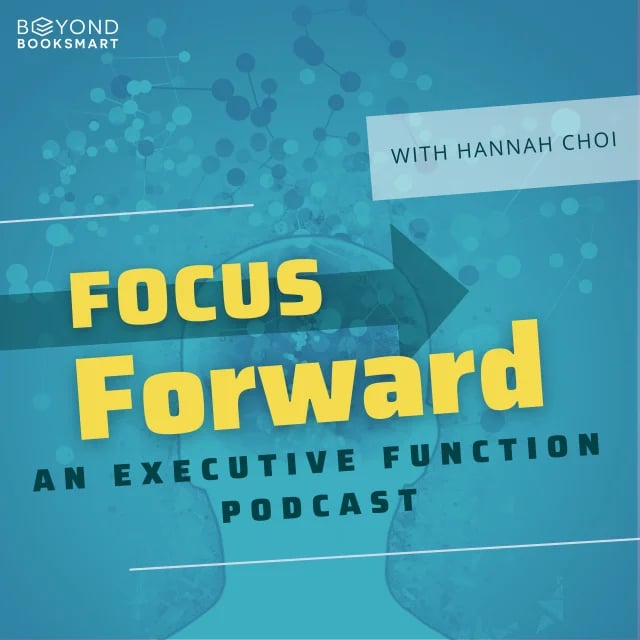
For many people (especially those with Executive Function challenges), managing money can be really stressful. If you can relate...
Learn about symptoms, risks, and solutions for Executive Dysfunction.
-1.png?width=1080&height=1080&name=new%20website%20image%20templates%20(6)-1.png)
Executive Function skills enable us to plan, focus attention, remember instructions, get started on work, and manage multiple tasks. When an individual struggles with these types of tasks on a regular basis, they're experiencing Executive Dysfunction, meaning cognitive, emotional, and behavioral difficulties that impact one's ability to succeed in their academic, professional, and personal lives.
Up to 90 percent of those with ADHD struggle with Executive Dysfunction, which impairs goal-directed behavior. And while Executive Dysfunction is a symptom of ADHD, you don’t need to have a diagnosis of ADHD to struggle with it. Left untreated, Executive Dysfunction can result in poor grades, low self-esteem, increased stress, strained relationships, mental & physical health problems, and more.
-1.png?width=1080&height=1080&name=new%20website%20image%20templates%20(7)-1.png)
Executive Dysfunction symptoms can present as a wide range of behaviors from lack of focus to inability to properly manage time and schedules. Click a symptom to learn how our coaches help:
Procrastination is difficulty in starting or initiating tasks. Of all the Executive Dysfunction symptoms, procrastination is one of the most common that our clients seek coaching for. At times, even successful, high-achieving individuals may struggle to begin a difficult or less-than-exciting task. However, when this becomes a regular habit - one that leads to last-minute scrambles, time-wasting, stress, and missed opportunities - it can have serious consequences on our academic and personal lives.
Executive Dysfunction vs Procrastination
Executive Dysfunction and procrastination may look similar, but procrastination is the deliberate choice to avoid a task, while Executive Dysfunction involves unintentionally putting off a task. An individual struggling with Executive Dysfunction may be unable to complete something due to difficulties with task initiation, time management, stress levels, or disorganization.
How Coaching Helps:
Our coaches don't look at procrastination as a sign of laziness, but rather as a habit stemming from avoidance. Coaches work to get to the root of this avoidance by connecting with our clients through reflective conversations. They then custom-pick coach-tested tools and strategies that help with task initiation for clients to experiment with between sessions. Then they follow up about how the recommended strategy impacted a client's week and work together to fine-tune or troubleshoot as needed. In just 16 weeks, a majority of our clients report improvement in their ability to start tasks. Continued coaching works to solidify new habits to prevent procrastination so that they become second nature.
Disorganization encompasses a number of issues relating to keeping track of personal belongings, maintaining an orderly space, and managing deadlines. Chronic disorganization can have serious consequences like misplaced assignments, heightened stress, relationship problems, financial impacts, and more.
How Coaching Helps:
Our coaches are equipped with a deep knowledge of well-researched organizational tools & strategies at their fingertips. Coaches work to better understand their clients' organizational habits and get to the root of their barriers to implementing systems to get organized. They then utilize this understanding to create a game plan that may involve small organizational commitments week to week. Weekly sessions can be used to do organizational tasks together, discuss roadblocks that may have made a strategy fall short, and brainstorm ideas for future organizational experiments that can get clients closer to their organizational goals. Many of our clients find that they have improvements in their organizational skills in just 16 weeks of coaching. Imagine how daily stress might be reduced when you have solid systems in place to keep track of all the important things in your life!
Time blindness is a difficulty or inability to sense the passage of time. Disruptions with time awareness, whether minor or substantial, can affect numerous areas of an individual's life. Underestimating or overestimating how much time has passed, how long a task will take, or how much time is left before an appointment starts; ongoing difficulty meeting deadlines or arriving on time; difficulty forming realistic schedules or sticking to a schedule, and constantly losing track of time are all examples of time blindness. Time blindness can show up in multiple forms and, left unchecked, can greatly diminish our ability to be happy and successful.
How Coaching Helps
The important thing to understand is that time blindness is a sensory issue related to time management - not a character flaw or a sign of willful behavior. Coaches utilize this framework in addressing time blindness by introducing time management strategies that encourage clients to estimate how long certain tasks will take and then plan out when they'll get them done. By utilizing these strategies to map out school deadlines, test days, and scheduled events, clients begin to learn how to think about time more realistically. This opens the door to them feeling more in control and capable of using time more realistically and efficiently. Over two-thirds of our clients report improvements in their time-management skills after just 16 weeks of coaching.
Impulsivity is usually described as "action without foresight." In practice, impulsivity is just decision-making without self-regulation - i.e., the ability to understand and manage your reactions to feelings or events. Unchecked impulsivity can look like non-stop talking, poor decision-making, impatience, difficulty sitting still, blurting out comments at inappropriate times, and/or a constant desire for short-term gratification.
How Coaching Helps
Our coaches approach problems around impulsivity as a sign that clients may benefit from working on their self-regulation skills. Depending on the type of impulsivity, coaches can provide a customized intervention that may focus on teaching clients to recognize the scenarios that lead to impulsive behavior. From there, coaches may provide strategies that help clients pause before reacting or making a decision, or work with them to create a plan that rewards delayed gratification. The approach a coach uses will vary depending on a client's unique needs but it will be centered on coach-tested tools and strategies that tap into the science behind human behavior.
Lack of focus can be a constant problem for those struggling with Executive Dysfunction. They may struggle to complete long essays, finish tests on time, or do homework in a reasonable amount of time.
How Coaching Helps
Our coaches look at a lack of focus as a sign that a client's work habits may need renewed structure. Coaches teach clients strategies that help them minimize or eliminate distractions and reduce multitasking while they work. They also encourage frequent breaks, chunking assignments or tasks into manageable pieces, and finding the right combination of environmental factors to encourage optimal focus. Clients often commit to small experiments in one or more of these areas during the week that can then provide the baseline for future improvements and strategy refinement in future sessions. Over our nearly 17 years of coaching clients, we've found that many of our clients benefit from strategies to manage life's distractions - whether or not they have ADHD.
Experts in executive function coaching for students

A Beyond BookSmart Coaching Company for Adults

A Beyond BookSmart Mentoring Company for School Clasrooms
Whether you're a parent looking to better support your child or are simply looking to improve your own Executive Function skills, this podcast is for you.

For many people (especially those with Executive Function challenges), managing money can be really stressful. If you can relate...
Check out our variety of resources and tips on Executive Function support, ADHD, mental health, and more.
Bullying is a word we often associate with childhood, playgrounds, and fleeting moments of conflict. But for children and adu...